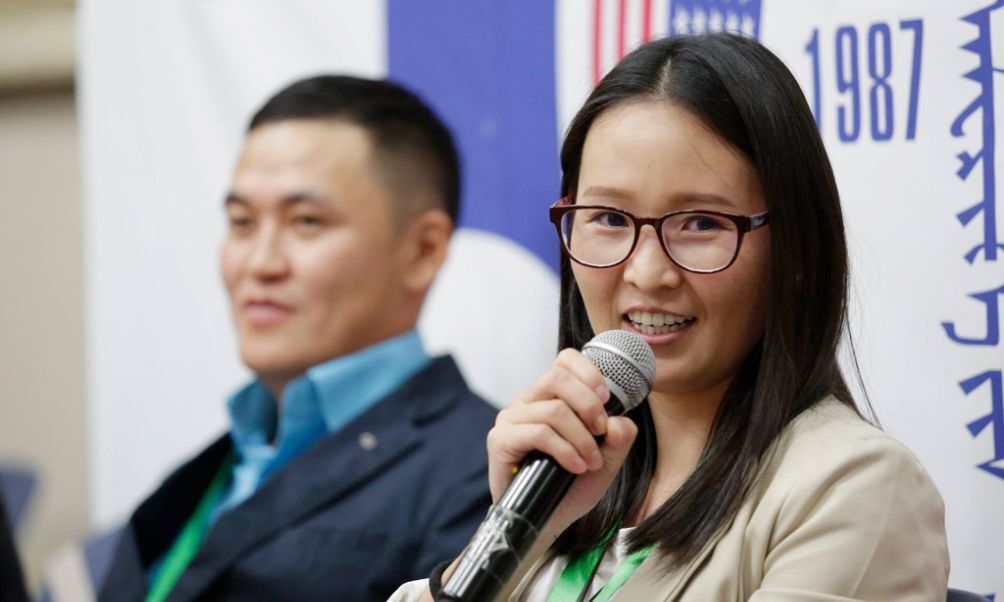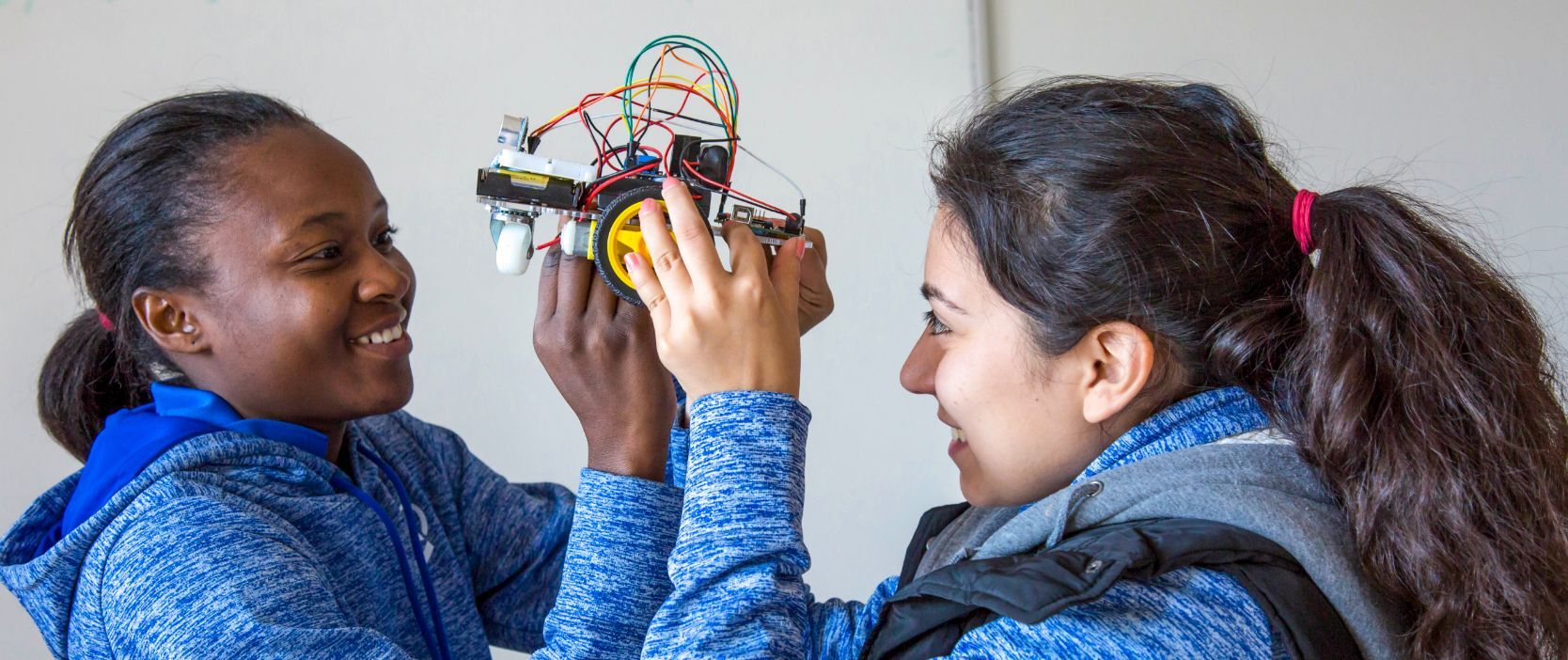-
What We Do
- WHERE WE WORK
-
About Us
 Welcome Message from Carol Jenkins, CEO
Welcome Message from Carol Jenkins, CEOWorld Learning believes that the best hope for peace, justice, and sustainability lies in bringing people together. Through cultural immersion, experiential learning, and information sharing, our programs equip others to collaboratively address the most pressing issues of our time.
Throughout my years at World Learning, I have had the fortunate opportunity to meet with many of our participants, partners, and alumni—a global network of learners. Our programs help them understand other cultures, master new skills, and cultivate networks. Our teaching and training methodologies empower them to find locally relevant, sustainable, and implementable solutions. Our approaches emphasize flexibility and adaptability that help them tackle real-world problems. They, in turn, make extraordinary changes in their lives and communities.
Please join us—and those we work with and serve around the world—in our pursuit to create a brighter and better future for all.
Carol Jenkins | CEO, World Learning
Allen Cutler | Chair, Board of Trustees - Get Involved
Media Center > Story
World Learning’s training program empowers English language educators
September 10, 2025
By Abby Henson
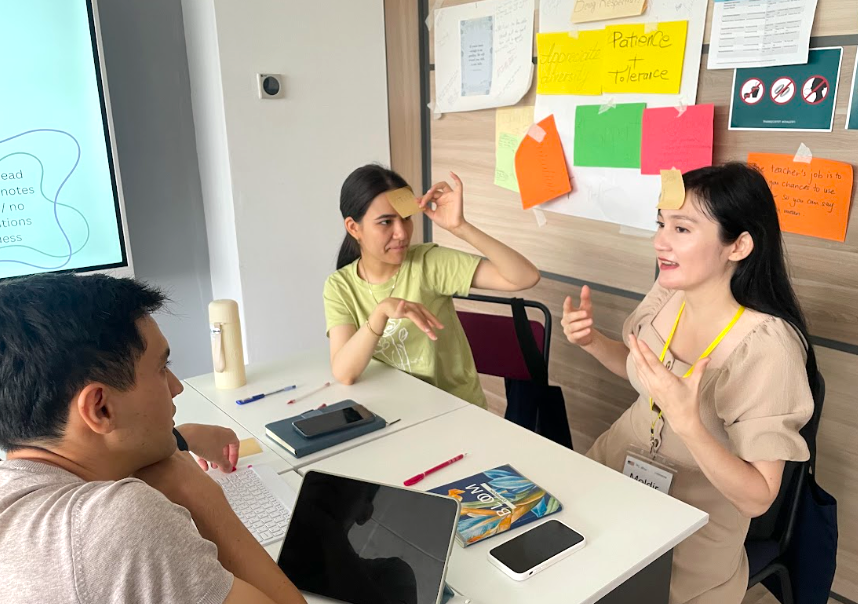
World Learning just concluded two phases of a multi-year program aimed at training English language teachers.
The C5 + O.N.E. Ed program, which offers a unique professional development opportunity for early-career English language teachers from Central Asia, is administered by World Learning in partnership with the Kazakhstan Teachers of English Association and funded by the U.S. Embassy in Bishkek, Kyrgyzstan. The first phase of the program was an online course that concluded earlier this summer. The second phase was an intensive, in-person workshop in Almaty, Kazakhstan, which wrapped up in August. Both sessions ran for four weeks.
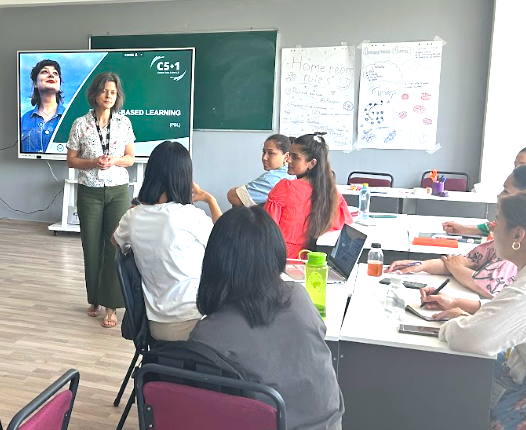
Phase one’s curriculum, delivered by eight World Learning and Georgetown University teacher trainers, included 20 hours of both independent and collaborative online learning activities. By the end of the month, the 179 participants could effectively plan a student-centered English as a foreign language (EFL) lesson that is tailored to a specific group of students’ needs and aligns with Communicative Language Teaching (CLT). CLT is an approach that emphasizes using the language to communicate as both the means and the goal of learning. Because the course was taught completely in English, the participants’ own English proficiency was strengthened.
“The phase one online preparation course was designed to strategically introduce participants to technology, virtual flipped classroom pedagogy, and project-based learning. Student-centered and peer-assisted learning guided the activities in this phase,” said Mihiri Warnasuriya, World Learning’s C5 + O.N.E Ed project director.
“The most significant change this course has had on me is a deeper and more practical understanding of how to implement student-centered learning in a way that truly empowers learners,” said Aldabayeva Kamila Kadyrovna, a teacher from Kazakhstan. “Through our exploration of the C5 + ONE framework, I’ve shifted from simply facilitating activities to intentionally designing learning experiences that prioritize autonomy, inquiry, and real-world relevance.”
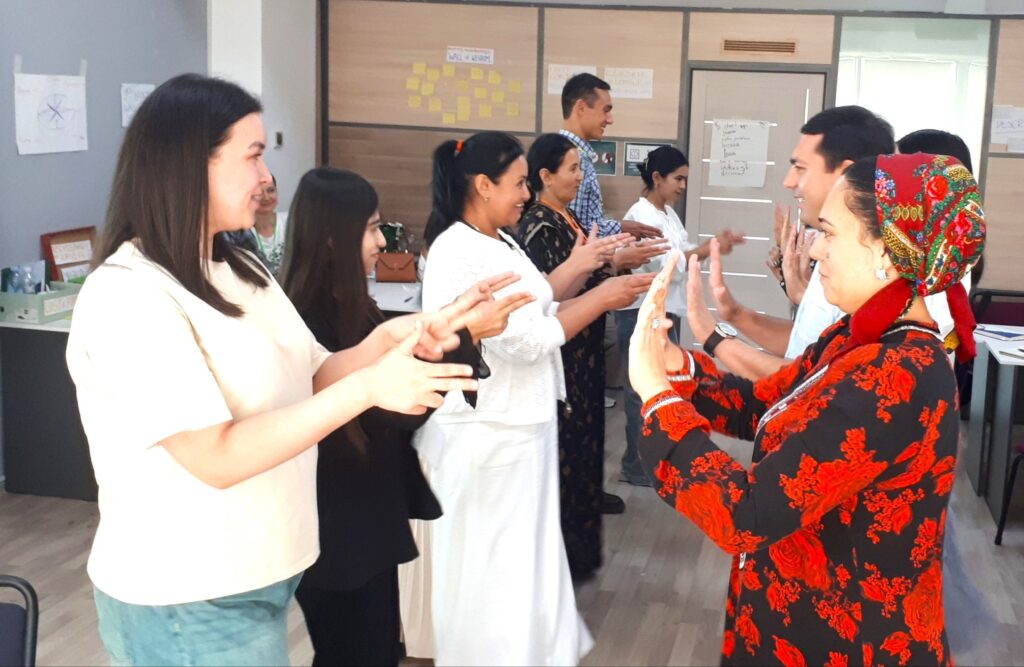
The second phase of C5 + O.N.E. Ed involved 130 hours of instructional activities and focused further on the participants’ English language proficiency, EFL teaching methodology, and professional leadership.
“Thanks to the detailed explanations and trainings by professors, I am able to consciously analyze my teaching sessions, classroom management, teacher behavior, and student engagement, which I have been doing unconsciously for years!” Nodirahon Turgunova from Uzbekistan said, just one week into the workshop.
By the end, the group was able to formulate personal English learning objectives in a measurable and time-bound format, develop activities to support the achievement of personal learning objectives, and design an EFL learning activity for a C5+ONE Ed Resource Guide.
“Working alongside these teachers was a privilege. I watched them gain confidence, embrace new methods, and support one another in ways that will ripple out to their students and communities,” said Lois Scott-Conley, a C5 + O.N.E Ed instructor for World Learning. “Their commitment to professional growth and to building intercultural relationships and networks made this program as rewarding for me and the other trainers as it was for the participants.”
“I learned how to shift from being the “knowledge-giver” to becoming a facilitator who supports students in constructing their own understanding. This change in mindset has already started to transform the way I approach my lessons, and I feel more confident about fostering critical thinking and participation among my students,” Aknur Sissekeshova from Kazakhstan.
The C5 + O.N.E. Ed program also aimed to nurture professional development networks throughout the region. The participants developed an initial professional development plan, and by March 2026, each participant is expected to lead at least two professional development activities in their region.
“This course has inspired me to rethink my classroom strategies and approach each lesson as an opportunity to empower learners through meaningful communication.”
In the coming months, there will be individual coaching sessions, group meetings, webinars, and an online forum to support them, provide reflection time, and help shape long-term professional development and leadership plans. Nearly 87% of the participants reported that the completed sessions already have had a “major impact” on their professional development.
“Over the past few weeks, I’ve come to truly appreciate the power of collaboration and community in professional development. Engaging with educators from across Central Asia helped me see new ways to create more inclusive, engaging, and student-centered classrooms. One session on integrating digital tools into lesson planning especially stood out. It gave me practical ideas that I’ve already started implementing in my teaching,” said Alexandra Ilina from Kazakhstan.
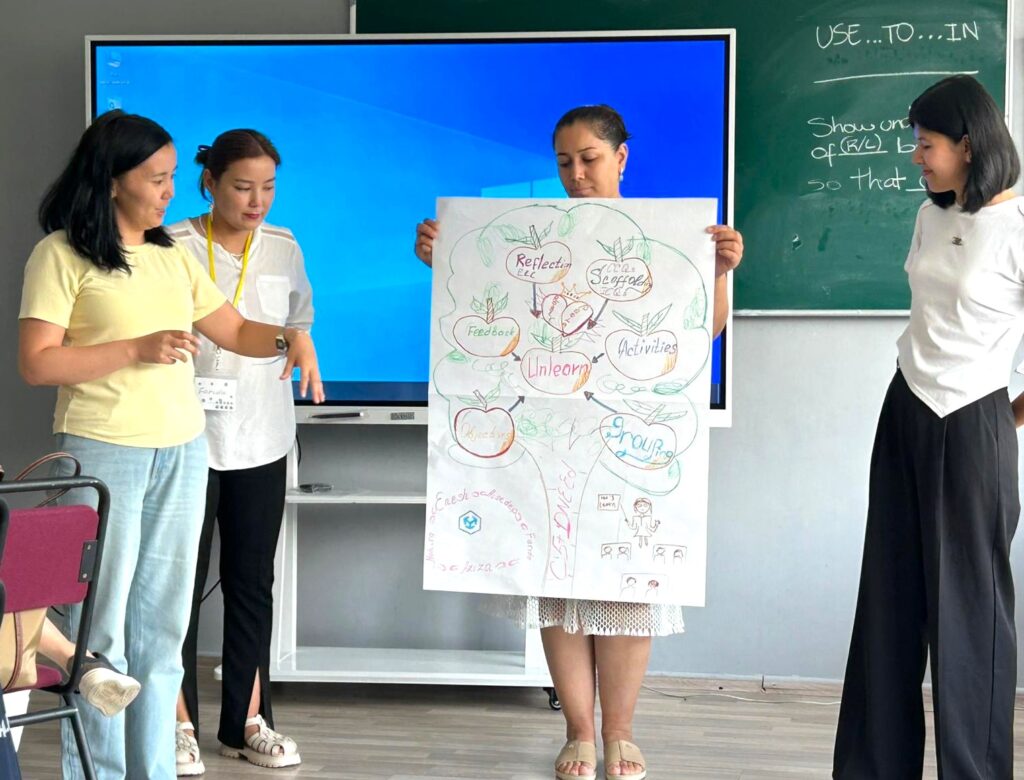
More than 90% of the participants said the C5 + O.N.E. Ed program has already had a “major impact” on their teaching of English. Seventy-seven percent reported they are now adapting textbook activities to the needs of the students, 81% are scaffolding student learning, and 67% are actively helping students become more independent learners in a variety of ways.
“One of the most impactful takeaways for me was the emphasis on creating more interactive and learner-centered lessons. I realized how small adjustments — like incorporating open-ended questions or using real-world scenarios — can significantly boost student engagement and confidence. This course has inspired me to rethink my classroom strategies and approach each lesson as an opportunity to empower learners through meaningful communication,” said Gutlymyradova Selbi Berdimyradovna from Turkmenistan.
